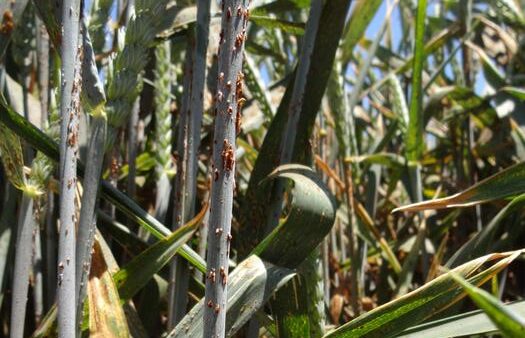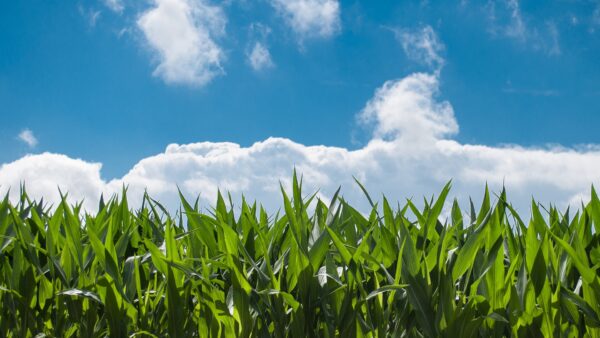The Bud Light brand launched one of the most successful ad campaigns in recent history when “Dilly, Dilly” was revealed to the world in August 2017. The refrain “Dilly, Dilly” transcended the Bud Light brand and became commonplace in rural American lexicon.
Super Bowl after Super Bowl, Bud Light or Budweiser had delivered iconic advertising campaigns. The “Bud-Weis-Er” frogs, “Wassup” and Dilly, Dilly allowed the Bud brands to become part of popular culture in way almost no other brand had. And yet, sales have steadily declined. Consumer preference for unique, craft beer has slowly eroded Bud consumption.
Enter, Super Bowl LIII. New York City advertising firm Wieden+Kennedy (creators of the Dilly, Dilly campaign), along with AB InBev (Bud’s parent company) choose to focus solely on one ingredient that Bud Light doesn’t contain. The catch phrases were gone, the Clydesdales were left in the stable and the rural imagery that built a beer empire was shelved. In the Super Bowl ad, Bud Light doesn’t make any aspirational statements or tap any emotions. It simply said that Bud Light doesn’t use corn syrup which make it better than any beer that does.
The Corn Belt responded harshly. Social media erupted with #BoycottBudLight and farmers posted videos of dumping Bud Light down the drain. This wasn’t just one ad. For the duration of the Super Bowl, Bud Light ran more ads and posted on social media. They all contained the same anti-corn syrup messaging. This is the new campaign. The message is simply that corn syrup is bad, therefore Bud Light is good. This wasn’t a mistake by Budweiser. It’s the latest big bet to try and stay relevant with the future consumer and it spent millions of dollars to do it.
Agriculture is changing and consumers are driving it. For context, more people live in the New York City metro area than in ND, SD, NE, KS, MN and WI….combined! Farmers need to spread positive messages. Corn is more environmentally sustainable than sugar cane, sugar from any source is chemically identical, farmers care for their land and animals, GMOs are safe, cow farts aren’t destroying the climate, etc. At the same time, farmers need to look for ways to diversify their business and develop alternative revenue streams from alternative crops, value-added production and connect directly with consumers. The urgency should be high. Farmers and everyone in agriculture need to step up our efforts to communicate agriculture’s benefits while preparing for a new reality. Your voices are needed more now than ever before.








